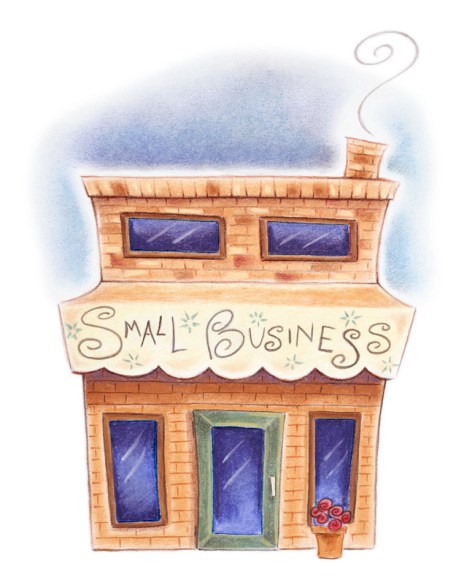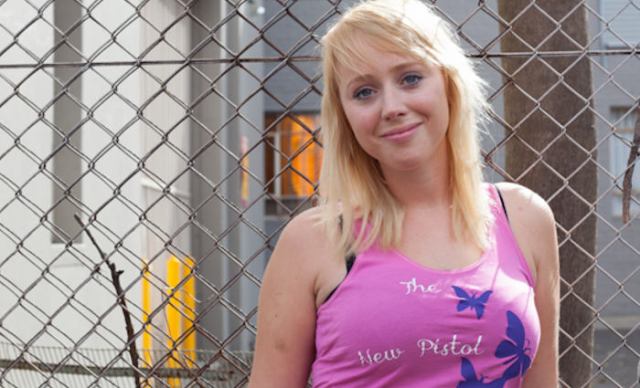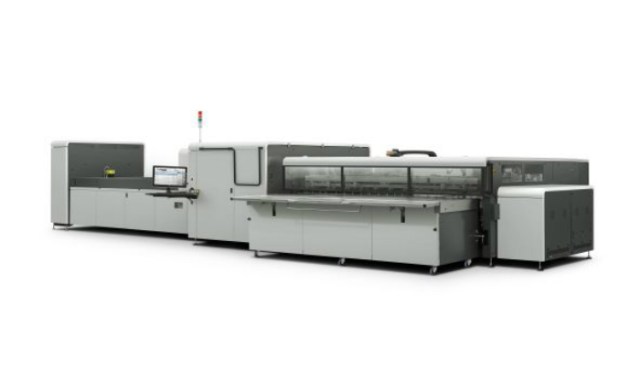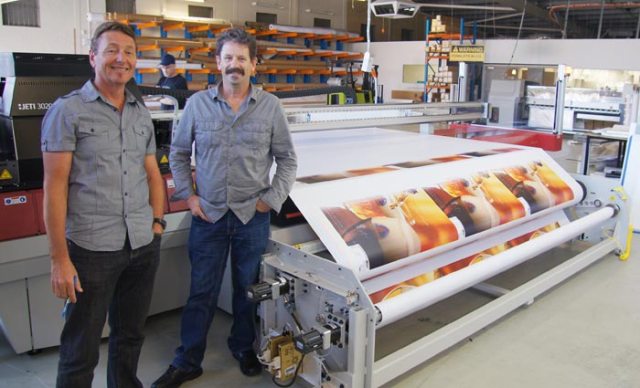
While the Bush Depression continues to rampage through the US economy like a runaway freight train, smaller printers, which make up the bulk of printing firms, continue to find ways to distinguish themselves from their competitors.
Overall, printing declined 3.9 per cent last year according to the NAPL Printing Economic Research Center. In the past several months, large printers lost ground: Quad/Graphics laid off 5.6 per cent of its workforce; RR Donnelley closed a plant in Iowa and another in Chicago, and Courier Corp, Multi-Color and National Hirschfeld announced plant closings. Transcontinental is cutting 1,500 jobs across North America.
Small printers are also laying off workers, although their numbers are more difficult to track; there are over 18,000 commercial printers in the USA, with one to 19 employees, and another 3,422 with fewer than 100 employees.
Faced with a dire economy, Jungle Digital, a small community printer in Palo Alto, California, offers a lesson for small printers seeking to expand their business and find a profitable niche in a local market. Started in 1987 as Zebra Copy, a B&W copy shop on high-priced University Avenue, the company evolved as the market changed. After rent increases, Adam Mason and Dang Lee became partners and moved to a vacant former automotive shop where they installed a variety of digital equipment.
“We like the area, which is a great community,” said Adam Mason. “We are close to Stanford and do lots of printing for students and faculty, along with menus for many restaurants, and work for the many design firms in the area. The HP Indigo is our bread and butter, with lots of small to medium runs that are less costly than traditional offset. We also continue to do lots of black-and-white copy work.”
Producing over $1 million with ten employees, Jungle prints for law firms as well as annual reports for small corporations and yearbooks for local high schools, which are now responsible for producing their own books. The owners advise and assist many customers on file formats, prepress and other production issues.
Jungle has a wide range of capabilities for a small printer. It prints posters, signage, presentation boards and art prints on canvas, vinyl and textured fine art papers, brochures, fliers, business cards, small books, calendars, postcards and booklets on a variety of equipment. In addition to an HP Indigo 3050, it has an Epson 9600 large-format seven-colour printer, two Canon iR5050s, Canon imageRUNNER 110 and 105 copiers, and a Canon imagePRESS C1 Digital Duplicator.
Other services include a bindery with wire-o, saddle stitch, folding, scoring, mounting and lamination, graphic design, DVD project management, prepress, scanning, print-on-demand services, and website development. Many customers take advantage of online services to place orders, make payments and archive jobs.
The largest difference between Jungle and other small printers strikes a customer from the moment they enter the front door. The large, high-ceilinged room is open so one sees the whole production process — printers, bindery, tables containing jobs in various stages of production, and a series of production computers. On the left is a coffee bar with an espresso machine, blender, soft drinks and microwave.
“We set up the espresso machine, which turned out to be good for people waiting for their projects or who come in to use our free WiFi,” said Mason. “It doesn’t generate a lot of business but we do get the best coffee and our staff loves it; it’s a win-win for everyone.”
With a goal of becoming a part of the community, Jungle began offering free open mike music on Fridays — several employees are musicians — as well as offering local bands rehearsal space. The goal is to become a destination for customers. Employees are free to use the computers when they aren’t working and there’s a small art gallery, which attracts a number of artists who print posters, art prints and art books.
Jungle is established as part of First Friday, Palo Alto’s first Friday of the month art walk, which attracts hundreds of people to local art galleries.
The owners are constantly marketing. They send out email newsletters and participate in a number of local San Francisco peninsula Chamber of Commerce groups. They print at cost for a number of local non-profits and belong to business referral networks, attend mixers and set up tables to show their products at community events. Ads in newspapers and coupon mailers didn’t increase their business so they attend as many community events as they can, picking up two to five new customers at each event.
The dire economic situation doesn’t make it easy. They’ve refinanced their equipment lease agreements, changed insurance carriers, credit card vendors and payroll systems to save up to $50,000 a year. They recycle 98 per cent of Jungle’s waste products and use solar power, which increases their cost slightly, to market themselves as a “green printer”.
This multi-pronged combination works well for Jungle. Their employees are friendly and helpful and they create an atmosphere that makes customers want to return.
Comment below to have your say on this story.
If you have a news story or tip-off, get in touch at editorial@sprinter.com.au.
Sign up to the Sprinter newsletter



